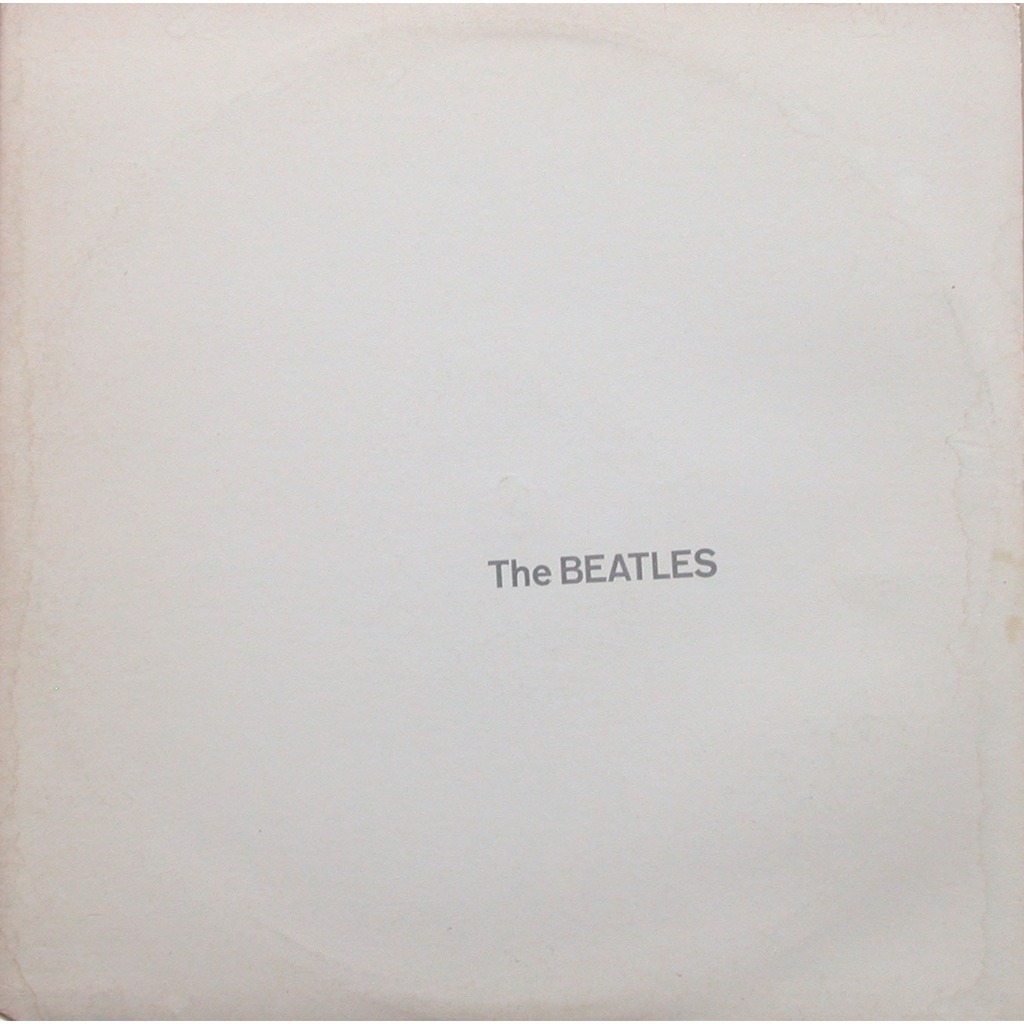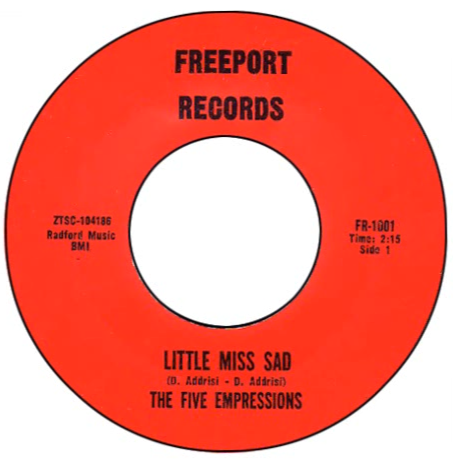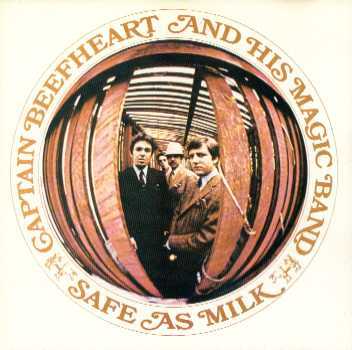
“Hello Train” (1968) – John Martyn * Written by John Martyn * LP: The Tumbler * Produced by Al Stewart * Label: Island
The John Martyn from his first two albums (London Conversation and The Tumbler) is a different John from his legend. On these, his percussive trademark guitar had already begun emerging, but their pastoral tweeness would begin wilting away by album three (Stormbringer) onward. One could likely construct a full children’s album out of certain selections from his 1967-1970 output. After hearing the kid-friendly “Hello Train,” with its “April Fool” refrain and backwards tape loops, you may never let an April 1st go by without the song clickety-clacking through your head.









